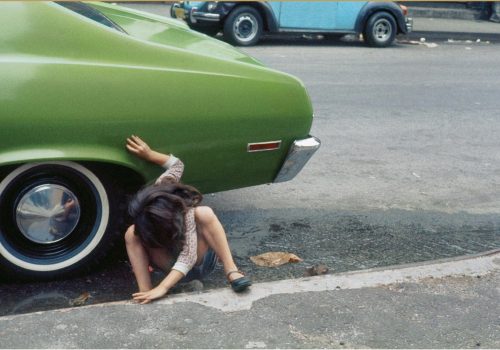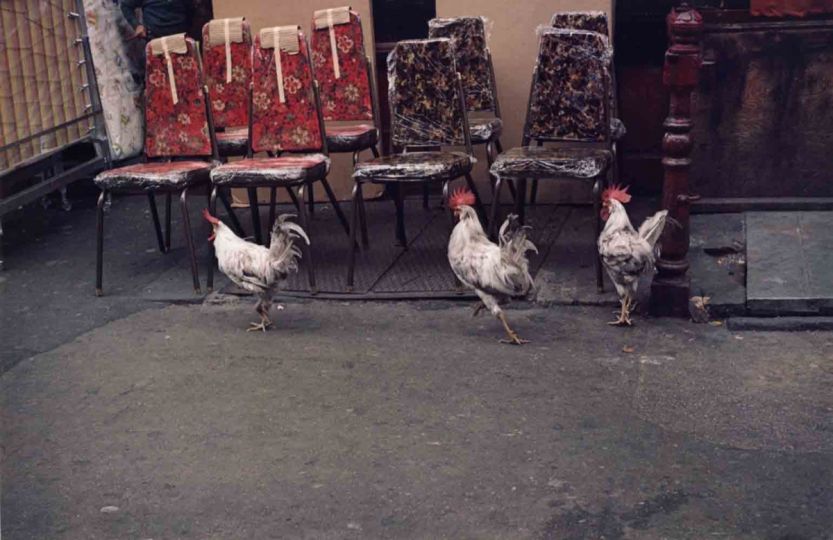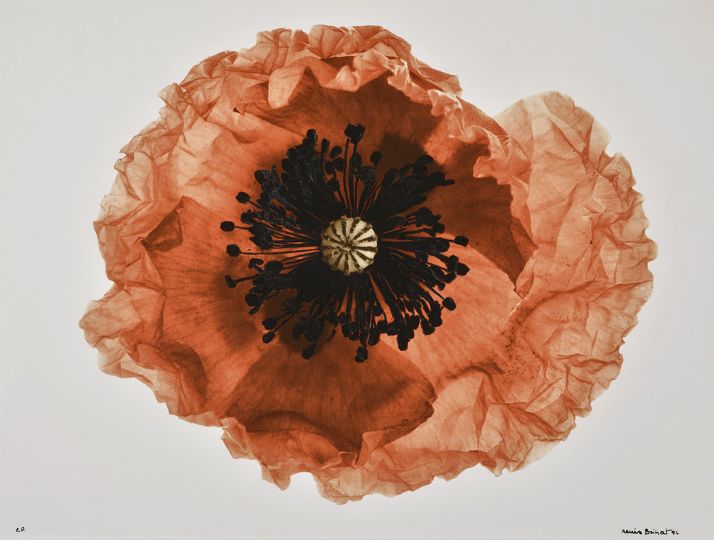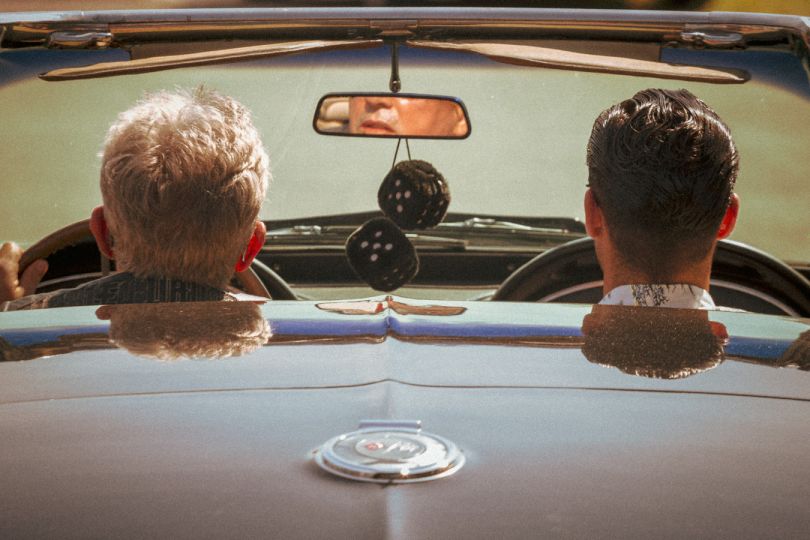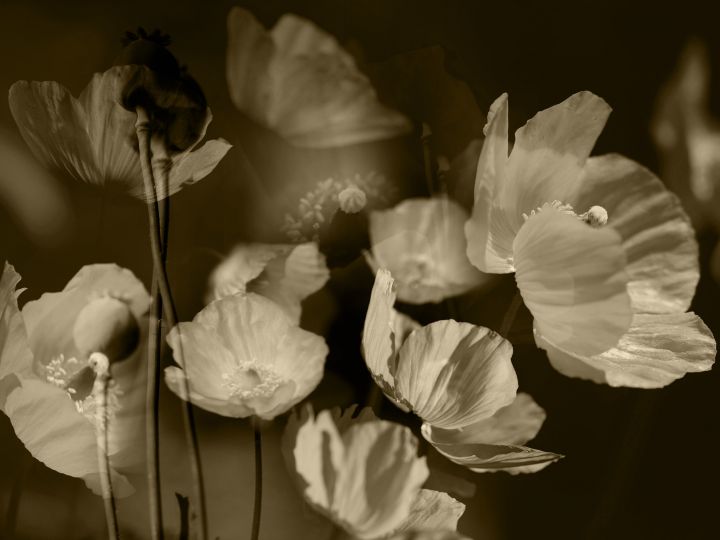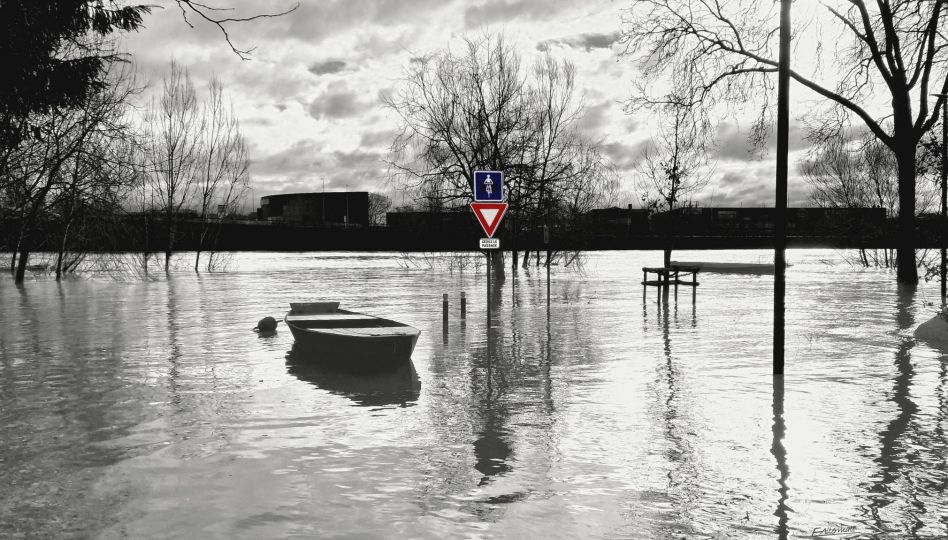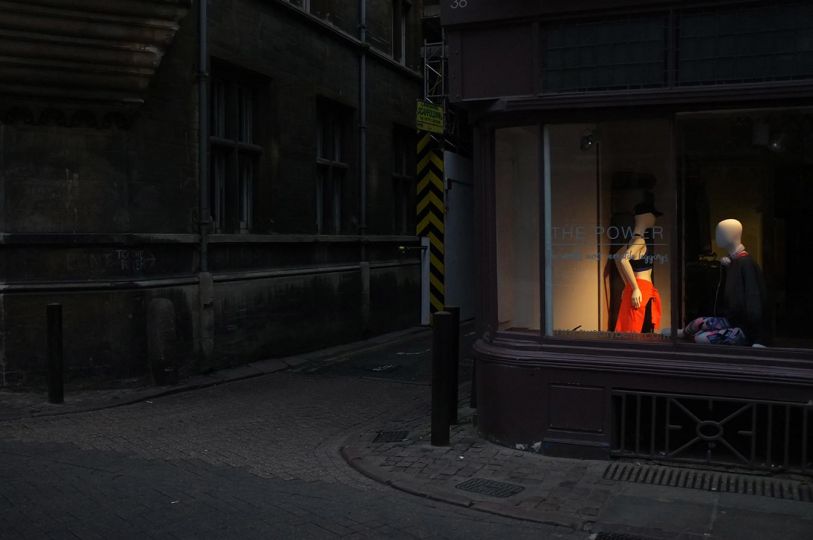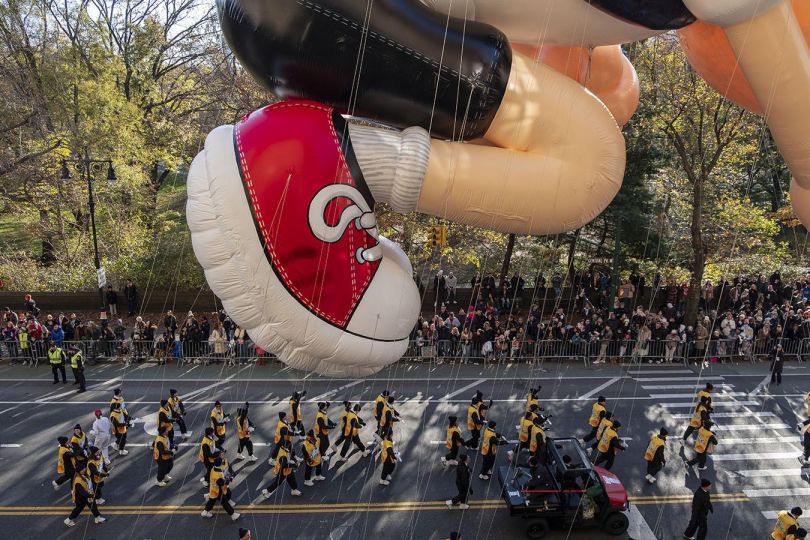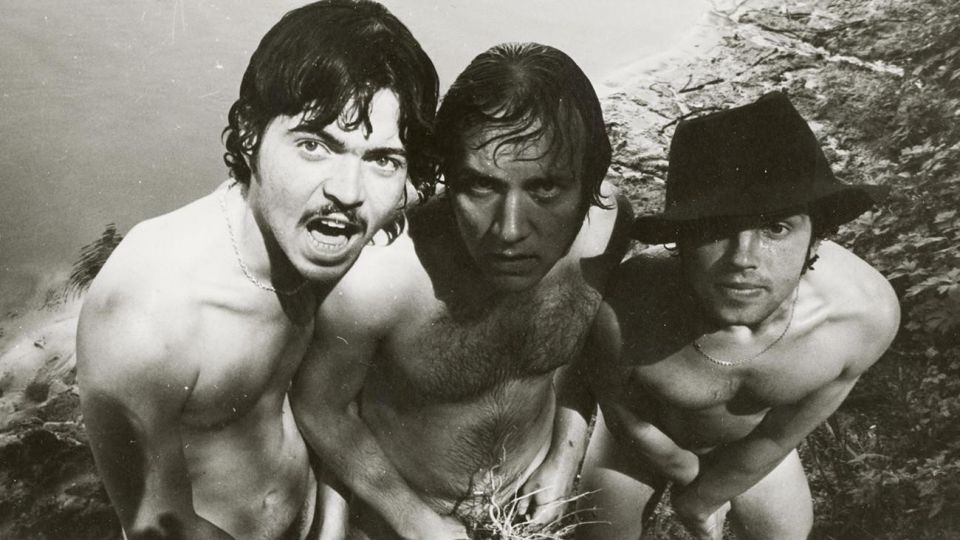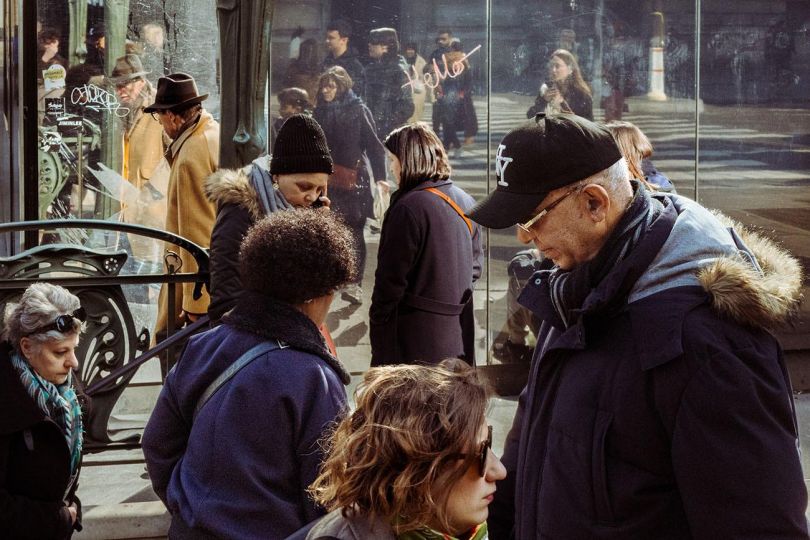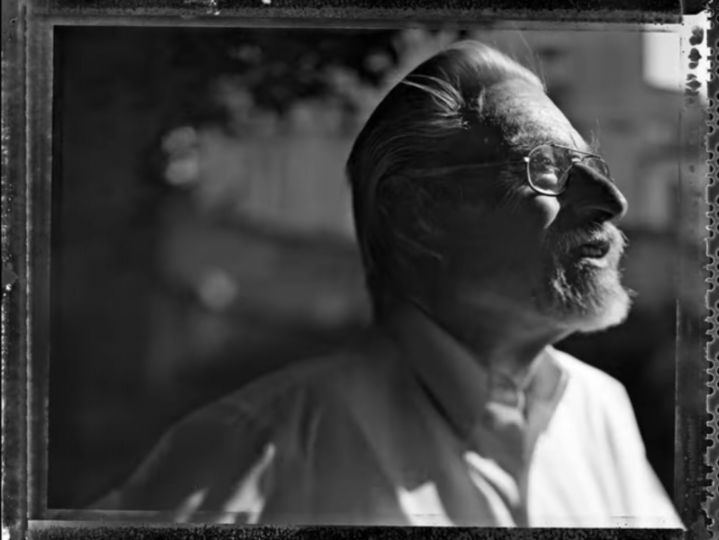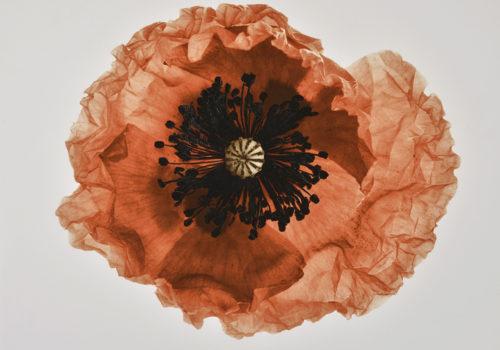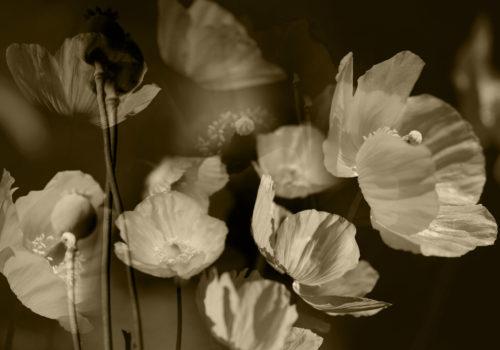At the end of World War II, Helen Levitt, assisted by Janice Loeb and James Agee, shot In the Street in East Harlem. This broth of the New York life closely brought together frame portraits and street scenes, showing its “poor” populations, transforming the pavement into their “playgrounds, their theatres”. Children dance and play in the alleyways, shopkeepers sweep the sidewalks, onlookers look out of their windows. In Agee’s words, every human being is “a poet, a mask, a warrior, a dancer”.
The film echoes James Agee’s river poem novel Brooklyn Is. Commissioned before the war by Fortune, James Agee had gone well beyond the initial framework of his mission —the sacrosanct number of signs—, to deliver a long and floating poem recounting the flat, horizontal, compartmentalized and constantly living life of Brooklyn. A life diametrically opposed to Manhattan. The poem was never published in his lifetime. Yet, it remains one of the most beautiful pieces of American modern prose. Agee narrates the beauty of the everyday, the shadowy attractiveness of a sleeepy city, somehow considered as a haven for workers, the strengths at work in Manhattan . Although East Harlem is not Brooklyn, Levitt’s images reflect the echoes and fascinations of the poet, picturing the life the cobblestones, the poetry of children’s games, the habits of the communities breaded in the city. The words of Agee, taken from Brooklyn Is, are quite eloquent:
“And again, this small-city quality is confused in the deep underground atomic drone of the intertextured procedures upon blind time of more hundreds on hundreds of thousands of compacted individual human existences than the human imagination can comprehend or bear to comprehend. »
“Or Carnasia, that full end-of-the-world, that joke even to Brooklyn, its far end: the abomination of desolation, the houses thinned to nothing, the blank sand, the shattered cabaret with the sign “The Girl You Bring is the Girl Your Take Home”, the new cabaret in the middle of waste silence, with ambitious men aligning the brilliant trims; the shade along thee last street and at its head a small young brick apartment, its first floor occupied; the row of dark peaked shingles which across a little park faces the declining sun and the bare land with the look: “somehow we have not been very successful in life”.
In the Street uses the same poetic language as Brooklyn Is. Both works establish a portrait in tiny touches, a painting made of fragments, an index construction, playing with gestures, beings, graffiti and fronts as signs of a modernity bursting with truth, without aesthetic or critical value, taken as a whole.
This film belongs to the collection of the Metropolitan Museum of Art (MET), which celebrates its 150th anniversary this year. The museum’s collection includes 1,500 films, the oldest of which date from the 1920s.

